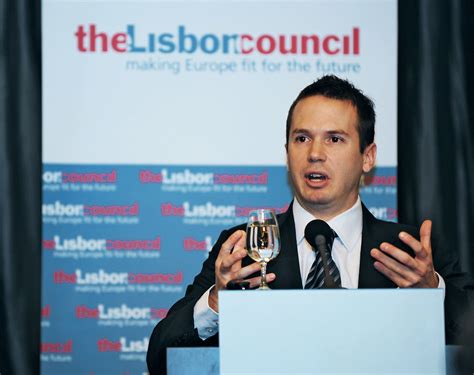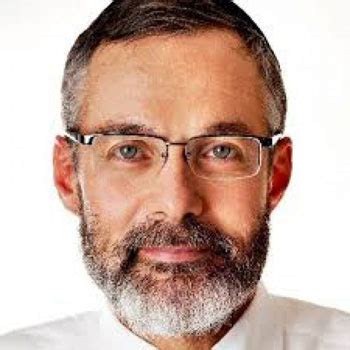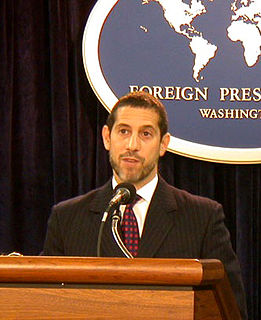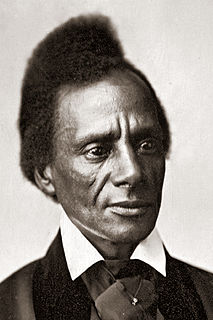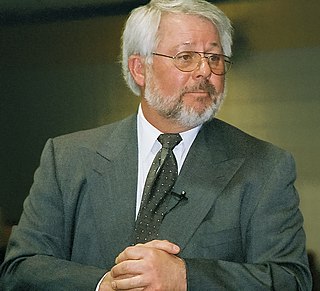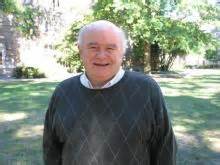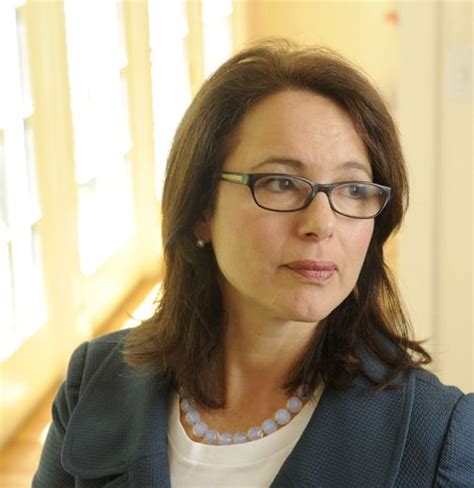A Quote by Marshall Ganz
When we tell our own story, we teach the values that our choices reveal, not as abstract principals, but as our lived experience. We reveal the kind of person we are to the extent that we let others identify with us.
Related Quotes
We feel that to reveal embarrassing or private things, we have given someone something, that, like a primitive person fearing that a photographer will steal his soul, we identify our secrets, our past and their blotches, with our identity, that revealing our habits or losses or deeds somehow makes one less of oneself.
It is quite beyond me how anyone can believe God speaks to us in books and stories. If the world does not directly reveal to us our relationship to it, if our hearts fail to tell us what we owe ourselves and others, we shall assuredly not learn it from books, which are at best designed but to give names to our errors.
At the heart of all photography is an urge to express our deepest personal feelings - to reveal our inner, hidden selves, to unlock the artist. Those of us who become photographers are never satisfied with just looking at someone else's expression of something that is dear to us. We must produce our own images, instead of buying postcards and photo books. We seek to make our own statements of individuality.
What they teach you as history is mythology and true mythology is far from fantasy -- it is our true history. A bulk of our real history can be found in Egyptian and Greek mythology. Yes, myths reveal to us worlds of other dimensions that make up our true reality. History books teach us that the minds of the past operated on the same frequency, dimension, or level of consciousness as we do now. Not true at all.
To conclude this discussion, assessment of justice demands engagement with the 'eyes of mankind',first, because we may variously identify with the others elsewhere and not just with our local community;second, because our choices and actions may affect the lives of others far as well as near;and third,because what they see from their respective perspective of history and geography may help us to overcome our own parochialism.
How often do we tell our own life story? How often do we adjust, embellish, make sly cuts? And the longer life goes on, the fewer are those around to challenge our account, to remind us that our life is not our life, merely the story we have told about our life. Told to others, but — mainly — to ourselves.
All things whatsoever God in his infinite wisdom has seen fit and proper to reveal to us, while we are dwelling in mortality, in regard to our mortal bodies, are revealed to us in the abstract, and independent of affinity of this mortal tabernacle, but are revealed to our spirits precisely as though we had no bodies at all.
Our weaknesses are always evident, both to ourselves and others. But our strengths are hidden until we choose to reveal them--and that is when we are truly tested. When all that we have within is exposed, and we may no longer blame our inadequacies for our failure, but must instead depend upon our strengths to succeed ... that is when the measure of a man is taken, my boy.
To the extent that our experience of suffering reminds us of what everyone else also endures, it serves as a powerful inspiration to practice compassion and avoid causing others pain. And to the extent that suffering awakens our empathy and causes us to connect with others, it serves as the basis of compassion and love.




